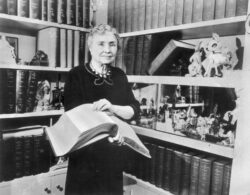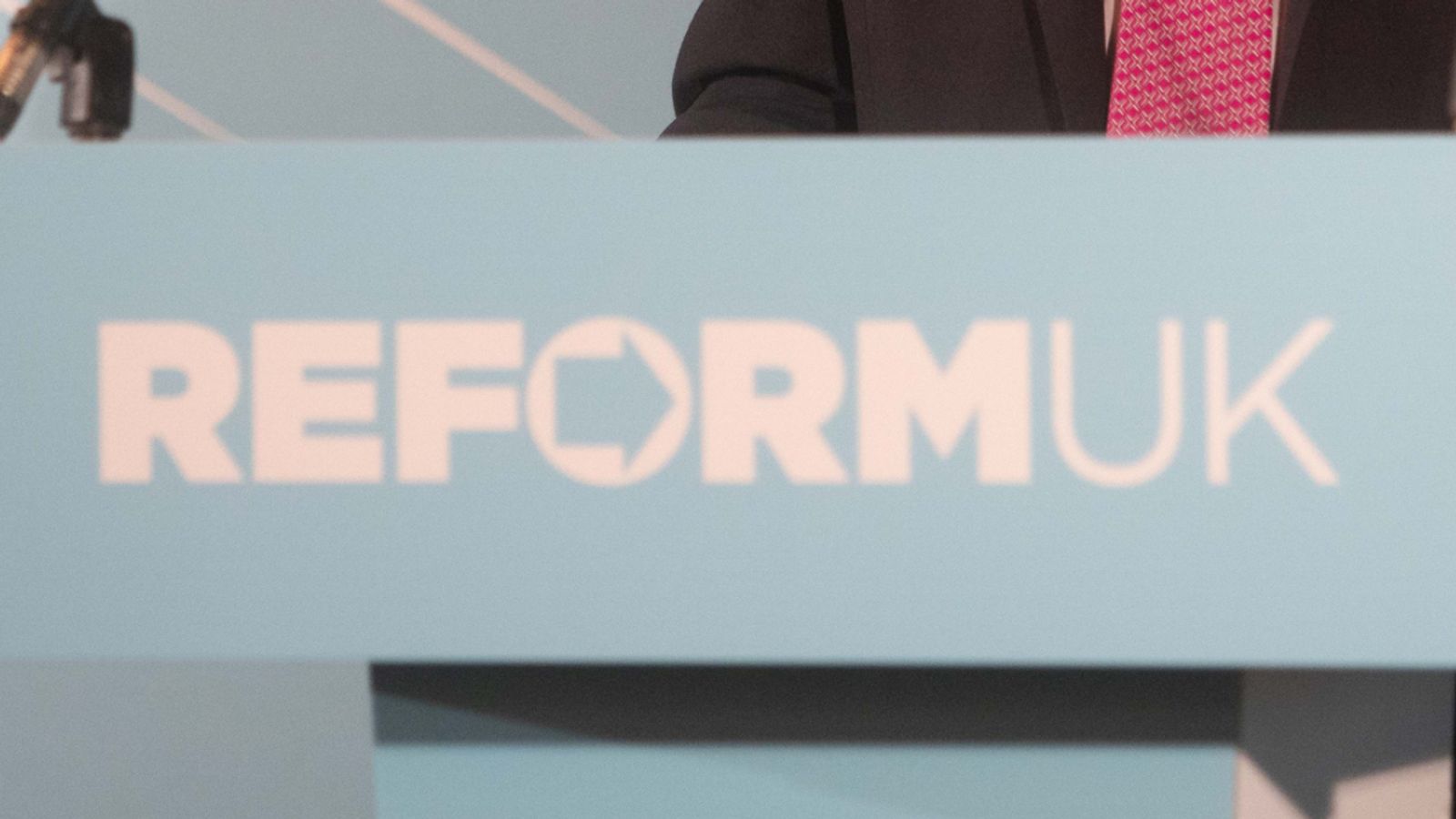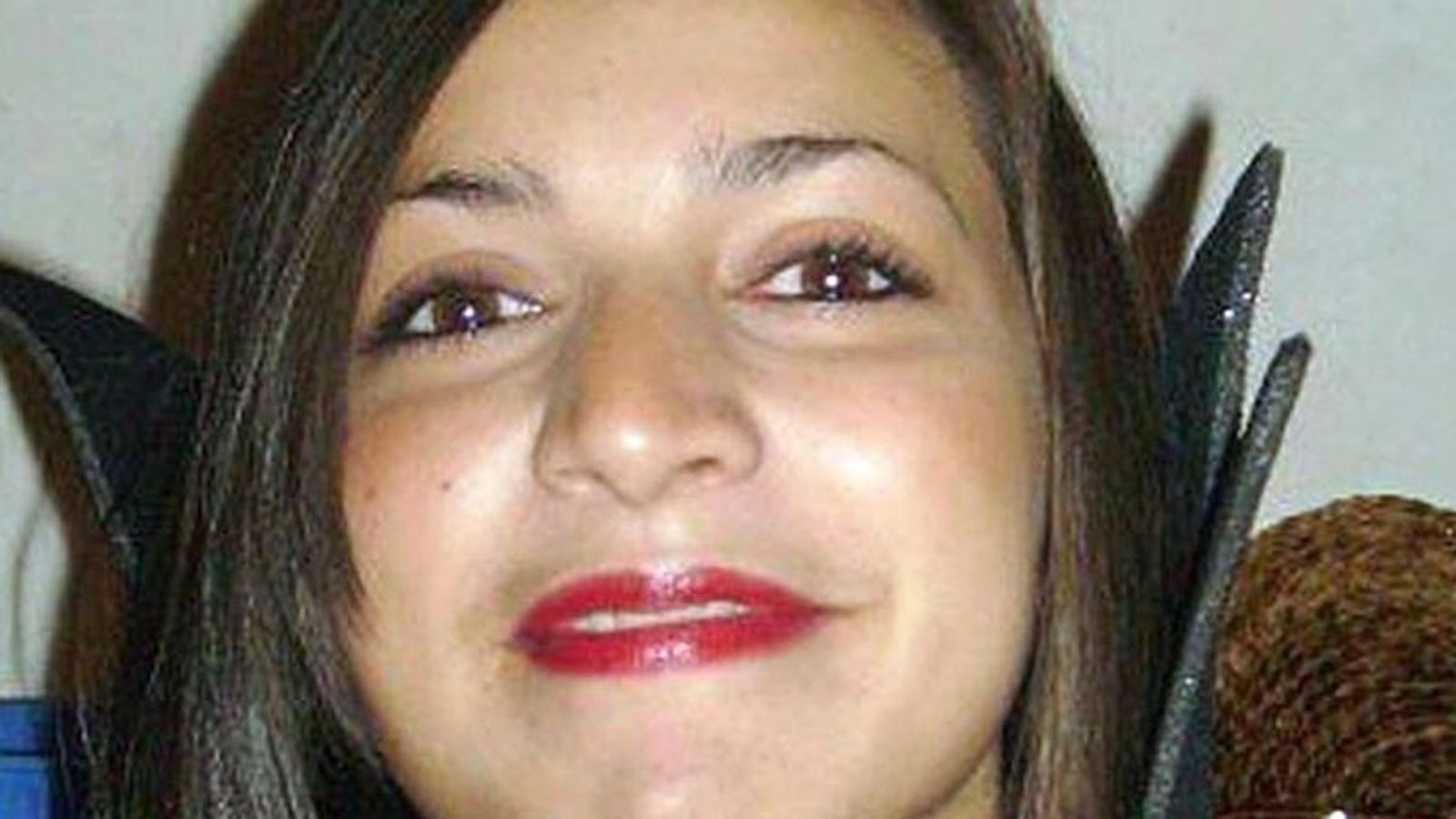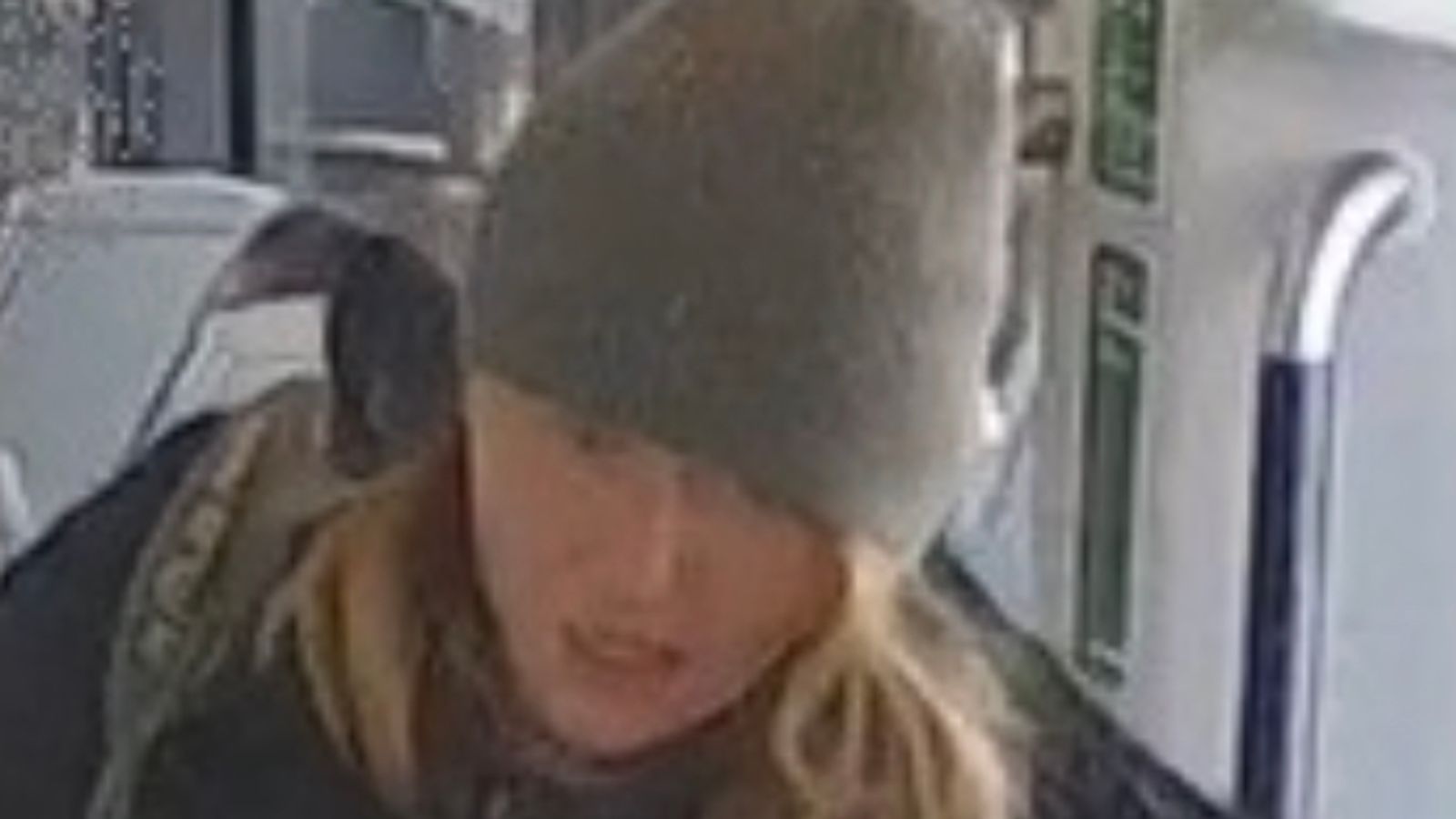So little do any of us know about their tenacity and badass nature such as Helen Keller (Picture: Hulton Archive/Getty Images)
Eliza Suggs was a mesmerising Black disabled woman in the late 19th century.
Like me, she was born with brittle bones, but she was also a woman of faith and believed God made her unique for a reason. She wrote her incredibly successful poems in her debut book, Shadow and Sunshine, in 1906 – all while preaching that disability isn’t a bad thing.
Learning about her life – as well as listening to and reading about her journey – is incredibly humbling to me.
She’s just one of the people I’m thinking about this Disability History Month (16 November to 16 December).
This month is a time of real importance in the disability calendar and something I genuinely look forward to year on year as a physically disabled woman. The more involved and empowered I am by my disability identity, the more love and eagerness I have to learn from my fellow deaf, disabled and neurodivergent peers from years gone by.
I’m someone who spent most of my childhood and adolescence avoiding other disabled people because I thought I didn’t see myself in them. I was so scared to be further marginalised by my non-disabled peers that I didn’t embrace that part of my identity – one that is so intertwined with harmful stereotypes such as being less intelligent, less desirable and less deserving.
As a result, I missed out on my history and culture for many years.
That is, until 2010, when I became a trustee for the Brittle Bone Society. It all came about when I was on a train from Sheffield after a routine hospital visit. The train was packed so me and another wheelchair user both begged to be let on – normally only one chair in the designated space is permitted.
While on the train, we got to talking and I instantly gravitated towards her. She told me she was a trustee for the BBS and she encouraged me to go for an opening – so I did!
Disability History Month is more than just a celebration of achievements, it is most importantly a time for reflection (Picture: Samantha Renke)
Through this role, she helped challenge my perception of what other disabled people were like and tackled my internalised ableism head on. I also met so many amazing disabled people who opened up my eyes to disability culture, as well as opened the doors for my advocacy role. I felt liberated.
Disability history is so rich, yet seldom celebrated outside of the parameters of our own community. Had you heard of Eliza Suggs before reading this piece?
Of course there are figures like Helen Keller – the first deaf-blind person to receive a Bachelor of Arts degree – and my absolute goddess Frida Kahlo, who are better known.
These historical figures today offer us an important lesson: Be you and if you have aspirations, do not let the ableist world hold you back!
But Disability History Month is more than just a celebration of achievements, it is most importantly a time for reflection.
It’s a time to challenge us all and to question if we’ve really learned from past mistakes against disabled people. Are things really any different and are the lives of those who are part of the disability community getting any better in a way of being more included, respected and valued?
This year’s theme is Disability, Health and Wellbeing. It was prompted by the pandemic, which saw many disabled people suffering – around 60% of Covid-19 deaths were from our community.
The pandemic did, in many ways, highlight the fragility of disability rights. Years of fighting for equality and a voice seemed to dissipate.
I still feel shaken by the apathy shown by many towards disabled people during this time. The pandemic lifted a veil that I had been living under – a security blanket that told me I was safe as a disabled woman living in a progressive country.
Disabled historical figures like Frida Kahlo offer us important lessons today (Picture: Bettmann Archive)
Although I still acknowledged the disabling world all around me (things like inaccessible transport and buildings, disproportionate unemployment and ableism), I felt like if s**t hit the fan, I’d be protected – I’d have allies and I’d be looked after.
I don’t feel that anymore. I feel like the pandemic showed how alone I really am, how many still view disability as a burden and how much I still have in common with disabled people from times gone by.
Disabled people like myself felt expendable. We talk of progress, yet I have never felt so devalued as a disabled person than I did over the past two to three years.
This was demonstrated by reported blanket ‘do not resuscitate’ orders during the first and second wave of Covid-19 aimed at those with learning disabilities (according to Mencap) or simply coming face to face with people refusing to wear PPE.
We have clearly not learned from the past and society still seems to view disabled people in a harmful and dangerous way.
Disabled people are still disproportionately battling austerity and will be some of the most impacted by the cost-of-living crisis. We are still living in a world that views disabled people as undeserving of an equal and fair existence, which is fundamentally deep-rooted in our history of oppression and marginalisation.
Yet, many non-disabled people are disillusioned with the reality of the situation. They are deep in the disability perception gap, which is described by the charity Scope as the misunderstanding and prejudice towards disabled people by non-disabled people.
I am often met with the comment, ‘Things are getting better right?’ by my non-disabled peers who feel certain that living with a disability today has to be easier and that we certainly must be more included. The truth is a big fat no.
More: Lifestyle
This statement is subjective and unquantifiable – ‘better’ for who and by what scale are we measuring this by? Is my life better than my peer Eliza Suggs? Perhaps in some respects, but not enough.
That’s why this Disability History Month, I want non-disabled people to join in and learn about our history.
Please recognise that there is still so much to be done and ask how you can stand by disabled people so that history of our marginalisation and persecution does not repeat itself.
Do you have a story you’d like to share? Get in touch by emailing [email protected].
Share your views in the comments below.
MORE : All you need to know about the £150 cost of living disability payment
MORE : Devastated families reveal how soaring energy bills are making life with a disabled child impossible
MORE : The world’s nine best city break destinations for disability accessibility
I want non-disabled people to join in and learn about our history.





